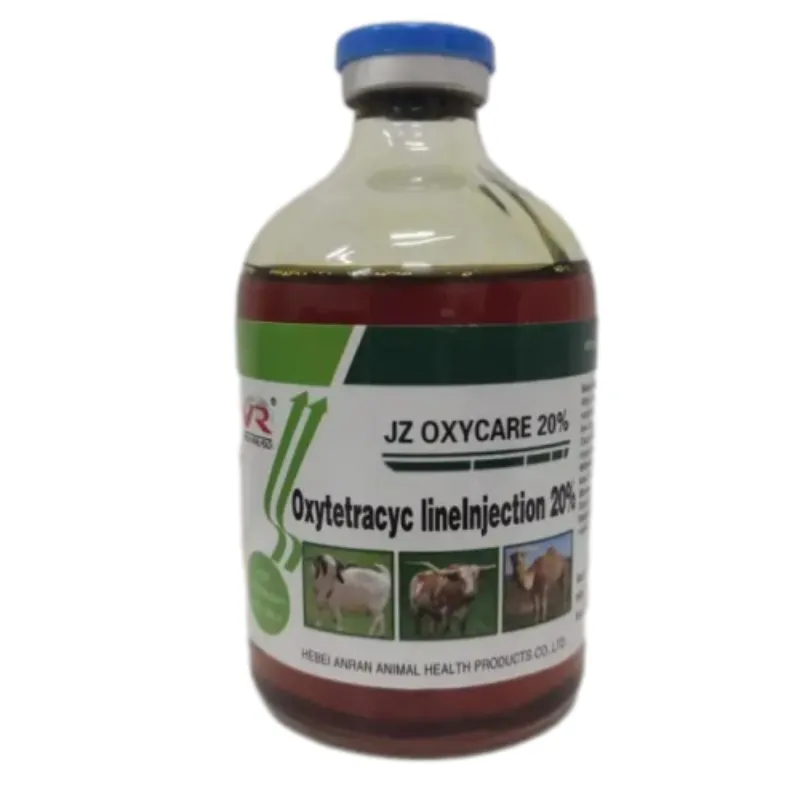- Afrikaans
- Albanian
- Amharic
- Arabic
- Armenian
- Azerbaijani
- Basque
- Belarusian
- Bengali
- Bosnian
- Bulgarian
- Catalan
- Cebuano
- Corsican
- Croatian
- Czech
- Danish
- Dutch
- English
- Esperanto
- Estonian
- Finnish
- French
- Frisian
- Galician
- Georgian
- German
- Greek
- Gujarati
- Haitian Creole
- hausa
- hawaiian
- Hebrew
- Hindi
- Miao
- Hungarian
- Icelandic
- igbo
- Indonesian
- irish
- Italian
- Japanese
- Javanese
- Kannada
- kazakh
- Khmer
- Rwandese
- Korean
- Kurdish
- Kyrgyz
- Lao
- Latin
- Latvian
- Lithuanian
- Luxembourgish
- Macedonian
- Malgashi
- Malay
- Malayalam
- Maltese
- Maori
- Marathi
- Mongolian
- Myanmar
- Nepali
- Norwegian
- Norwegian
- Occitan
- Pashto
- Persian
- Polish
- Portuguese
- Punjabi
- Romanian
- Russian
- Samoan
- Scottish Gaelic
- Serbian
- Sesotho
- Shona
- Sindhi
- Sinhala
- Slovak
- Slovenian
- Somali
- Spanish
- Sundanese
- Swahili
- Swedish
- Tagalog
- Tajik
- Tamil
- Tatar
- Telugu
- Thai
- Turkish
- Turkmen
- Ukrainian
- Urdu
- Uighur
- Uzbek
- Vietnamese
- Welsh
- Bantu
- Yiddish
- Yoruba
- Zulu
8 月 . 01, 2024 02:00 Back to list
Colistin Sulfate Powder for Poultry Health and Growth Promotion in Modern Farming Practices
Colistin Sulphate Powder for Poultry An Essential Ingredient in Modern Animal Health
In the poultry industry, maintaining the health and welfare of birds is of utmost importance. One critical component in ensuring this is the use of antibiotics, among which colistin sulphate powder has gained prominence as an effective growth promoter and therapeutic agent. Colistin, a polymyxin antibiotic, is primarily used to combat bacterial infections in livestock, particularly in poultry, where it plays a significant role in improving overall productivity and animal health.
The Role of Colistin Sulphate in Poultry Farming
Colistin sulphate powder is primarily effective against Gram-negative bacteria, making it a valuable asset in treating infections caused by pathogens such as Escherichia coli and Salmonella. These bacteria can lead to severe health issues in poultry, including colibacillosis and salmonellosis, which can result in significant economic losses for farmers. By administering colistin sulphate, poultry farmers can effectively reduce mortality rates and improve the overall health of their flocks.
Moreover, colistin sulphate is instrumental in promoting growth in poultry. Its use as a feed additive has been found to enhance feed efficiency and weight gain, which can lead to shorter production cycles. This is particularly important in a competitive market where producers are pressed to maximize their outputs while minimizing costs. The introduction of colistin into feed formulations can result in healthier birds that reach market weight more quickly, thus increasing profitability for farmers.
Concerns and Regulatory Issues
colistin sulphate powder for poultry

Despite its benefits, the use of colistin sulphate in agriculture has come under scrutiny. The rising concern regarding antibiotic resistance has led to heightened awareness and regulations concerning the use of such substances in livestock. The World Health Organization (WHO) has classified colistin as a last-resort antibiotic for human medicine, urging caution in its agricultural use. Over-reliance on antibiotics can lead to the emergence of resistant strains of bacteria, posing a risk not only to animal health but also to human health.
As a response, regulatory agencies in various countries have begun implementing strict guidelines governing the use of colistin in poultry farming. These measures aim to strike a balance between ensuring animal health and mitigating the risks associated with antibiotic resistance. Farmers are encouraged to adopt responsible use practices, which include precise dosage and duration of treatment, as well as integrating other management practices to promote animal health without over-relying on antibiotics.
Alternatives and Future Directions
Given the concerns surrounding colistin use, there is a growing interest in finding alternative strategies for disease prevention and growth promotion in poultry. Probiotics, prebiotics, and organic acids are gaining traction as potential alternatives that can enhance gut health and reduce the need for antibiotics. Additionally, implementing better biosecurity measures, improved management practices, and vaccination can significantly reduce the incidence of infectious diseases in flocks.
In conclusion, colistin sulphate powder remains an important tool in the poultry industry, offering considerable benefits in terms of animal health and productivity. However, as the industry evolves, it is crucial to address the challenges associated with antibiotic use. Through responsible practices and the exploration of alternative solutions, poultry producers can ensure the welfare of their birds while minimizing the risks associated with antibiotic resistance. The future of poultry farming will require a collaborative effort among farmers, veterinarians, and regulatory bodies to uphold the principles of sustainability and health in animal agriculture.
-
The Power of Radix Isatidis Extract for Your Health and Wellness
NewsOct.29,2024
-
Neomycin Sulfate Soluble Powder: A Versatile Solution for Pet Health
NewsOct.29,2024
-
Lincomycin Hydrochloride Soluble Powder – The Essential Solution
NewsOct.29,2024
-
Garamycin Gentamicin Sulfate for Effective Infection Control
NewsOct.29,2024
-
Doxycycline Hyclate Soluble Powder: Your Antibiotic Needs
NewsOct.29,2024
-
Tilmicosin Premix: The Ultimate Solution for Poultry Health
NewsOct.29,2024













